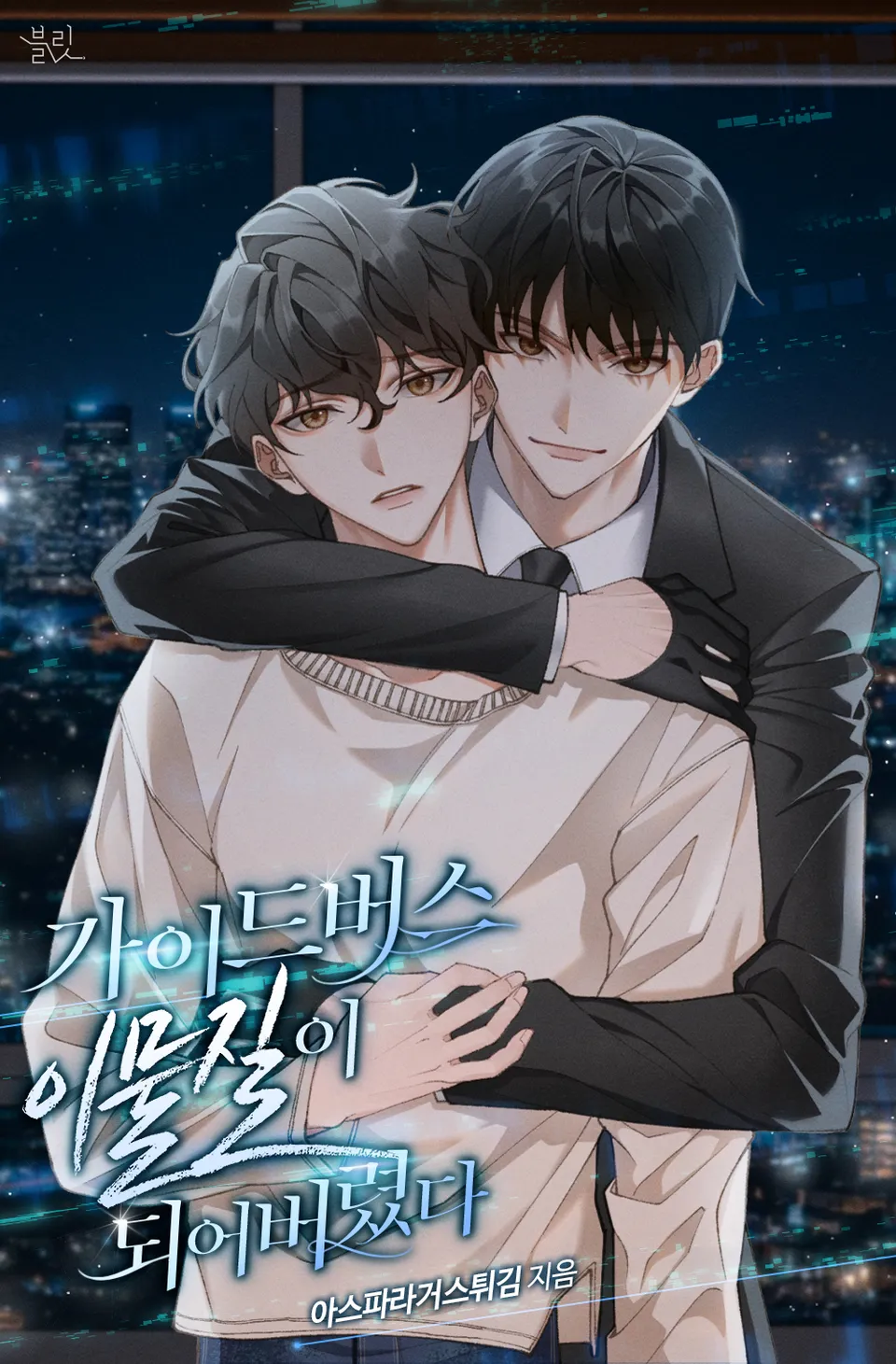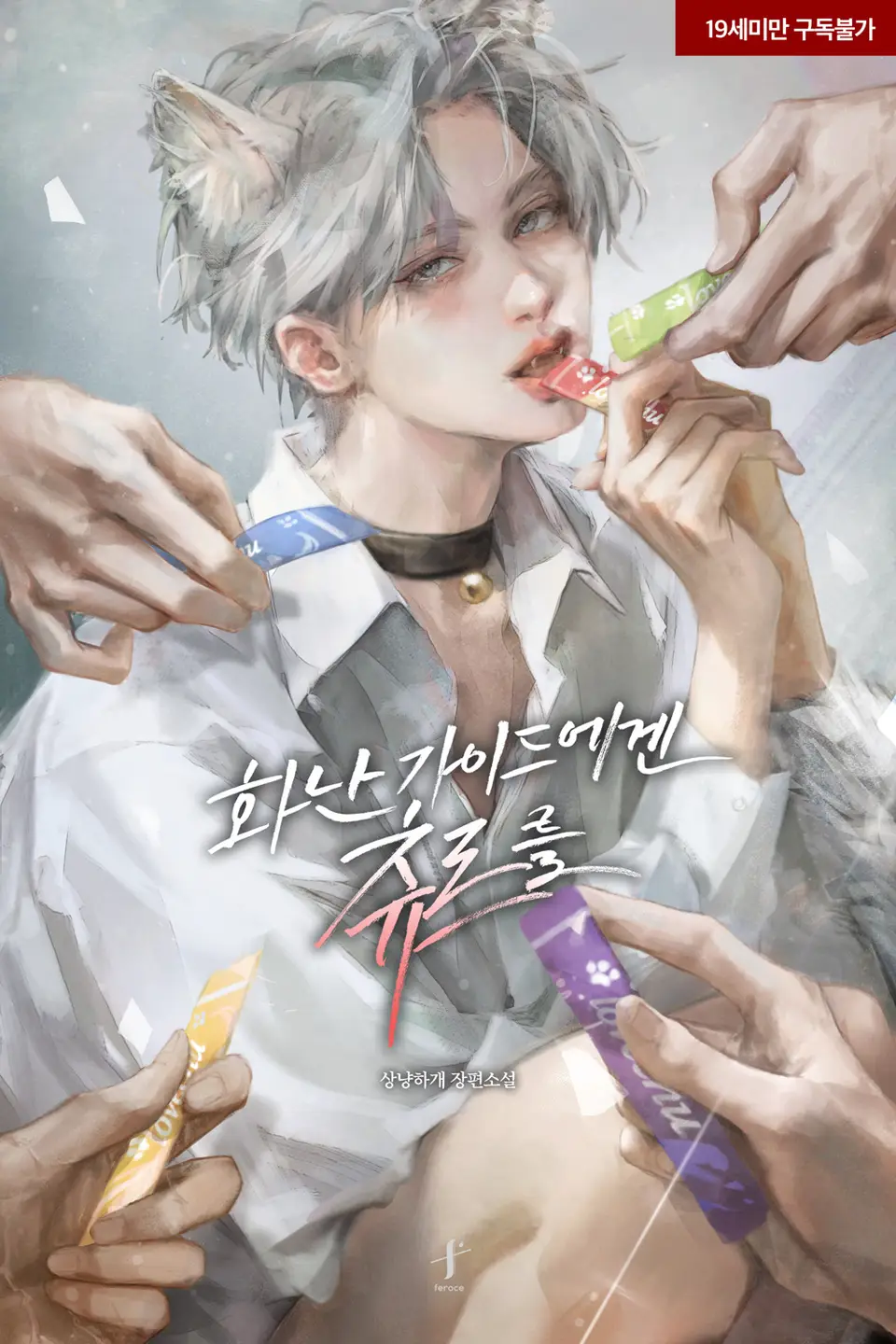There was no need to be allies. Still, he had to mend their relationship enough to receive purification from him. Although the Crown Prince was his guide, the Prince’s strength hadn’t been enough to stop his rampage. In that case, he had no choice but to put his faith in the one considered stronger than anyone else—Ressas.
Of course, the aversion he felt toward Prince Ressas hadn’t vanished just because he’d reached this conclusion. The hatred he’d harbored over the years had stained Seiyad’s entire life.
But unlike before, that hatred no longer burned with the same all-consuming intensity. Maybe it was the cold blade that had cooled his rage, or maybe the one who had gifted him death simply no longer felt so detestable. Perhaps it was the memories that surfaced before dying, or the remorse he felt in those final moments, but Ressas’s actions no longer seemed worthy of hatred.
After all, the Prince had merely done what needed to be done.
The rampaging Seiyad had become a villain who slaughtered innocent lives, and the Prince had stopped him. Even on the battlefield, where death hung in the air, he had not stood idly by—he had protected Seiyad’s Tithers as a guide. Regardless of how much Seiyad had despised him, the Prince had always remained upright and kind. He knew this well, having watched and clashed with him for so long.
And even as they had stood on opposing sides, Seiyad had never been able to criticize the Prince’s actions. Because he knew the Prince had done the right thing.
Even so, he had stood by the Crown Prince’s side, obeying orders and turning a blind eye to the powerless lives lost in the process of killing Nir’a. The methods differed, but it was still about defeating a greater evil. He had believed the Crown Prince’s words weren’t wrong. After all, to Seiyad, the Crown Prince had always been a good person.
But now, there was just too much blood on his hands.
Seiyad looked down at his hands, from which blood still seemed to flow without end. Pale, scarred hands, hardened with calluses, now drenched in someone else’s blood. Pleas for mercy, screams of terror, and curses filled with hate—all seemed etched onto his skin.
His hands trembled slightly, and he clenched them into fists. Hell wasn’t some distant realm. It was here, in this very place. He was hell. He was the devil. Such things could never be allowed to happen again.
Clearing his mother’s dishonor remained one of his greatest wishes, but more important than that now was learning to restrain himself—so he would never again take innocent lives.
“There’s one correction.”
After a long pause, Seiyad handed the document back to Kellaran, speaking as the steward waited for his confirmation.
“There seems to have been a mistake regarding Prince Ressas’s quarters. Assign him the east chamber in the main estate. Make sure he’s well attended, with nothing lacking.”
A flicker of surprise passed through Kellaran’s eyes, a subtle break in his ever-present smile. But the seasoned steward quickly composed himself without a word.
“Understood.”
As Kellaran turned to leave, Seiyad added one more order.
“Also, Quilly will remain at the estate during this Ritual of Invocation. No other attendants are needed—let that be known.”
A shadow crossed the steward’s face at the command to keep his son at the estate. Participation in the Ritual of Invocation had long been considered an honor among those of the Axid domain, so the sudden prohibition seemed to catch him off guard. Still, just like before, Kellaran quickly regained his composure.
“…Will that truly be all right? Perhaps you should at least take a servant skilled with horses.”
“No need.”
Too many were going to die at this Ritual of Invocation anyway. If even one casualty could be avoided, that was reason enough. Kellaran watched Seiyad silently for a moment, perhaps hoping for further explanation, but then bowed politely and left the room. Seiyad had been about to offer a few more words, but he stopped himself. Telling someone not to participate because many would die sounded utterly insane—no one in their right mind would believe such a thing.
Only after Kellaran’s footsteps had faded far into the distance did Seiyad move toward the study connected to his bedchamber. Before opening the door, his gaze fell on the portrait of his mother hanging on the wall. He stared at it wordlessly, then entered the study. Sitting by the window, he picked up a sheet of paper and a quill from a small desk.
Below the window, knights could be seen patrolling. Though all were fine warriors of the house, none were loyal to him. And among them, someone would die today.
Quill in hand, Seiyad began to write, determined to record the tangled past. Memories always faded and scattered; it seemed better to put down clearly whatever he could still recall. And what came to mind most vividly was the event taking place today.
The Ritual of Invocation—a festival held in Axid’s domain to pray for a safe end to the harsh season—took place at the very onset of winter. The first day’s rite was the most important part of the ceremony: royal guides and Tithers from each territory gathered here to slay Nir’a at the forest’s edge.
Nir’a was an ancient monster born from the forests surrounding every border of the Solias Kingdom. It isolated the kingdom and posed a constant threat. When winter came, Nir’a crawled from the forest’s center and attacked any humans it saw. Its size and power varied depending on where it lived.
Those lurking near the forest’s edge typically resembled beasts somewhere between a wolf and a fox—monsters that a well-trained knight could dispatch with ease. Since Nir’a was born from the shadows of night, it had no fixed form, but the ones at the border often took the shape of winged beasts. What set them apart from animals was their ability to move only in darkness and feed on human minds.
The Ritual of Invocation had traditionally proceeded without incident. It originally began as an alliance ceremony—meant to provide aid from other houses to the northern territory, where winter arrived three months earlier than elsewhere. Over time, it had become a symbol of unity.
But this year, disaster struck when a Nir’a from deeper within the forest—one that never should’ve reached the border—broke through. Knights unfamiliar with mid-level Nir’a perished due to lack of experience, and panic claimed more lives as others fled. Many died sacrificing themselves to protect the royal family.
As a result, the Ritual of Invocation was canceled starting this year. And Prince Ressas lost one of his closest aides—an old knight who had protected him since childhood. To others, it might have seemed like nothing more than the death of a bodyguard, but to the Prince, that knight had been someone deeply precious.
“Please, Duke! I beg you, save us. No—forget me, at least save Sir Anka…!”
Amid the chaos that had swept him into the forest, Prince Ressas had once pleaded with Seiyad to save the old knight who had collapsed protecting him. Tear-streaked and disheveled, he had cast aside all pride, dragging himself through the mud to cling to Seiyad.
“Please, Seiyad. If we make it out alive, I’ll do anything. Just save Sir Anka…”
He had clung to him just like he used to when he was a child, wrapping his frozen arms around the knight’s body, as though it were the last thing he had left. That day likely wasn’t the last time Prince Ressas would lose someone dear to him. Seiyad had continued to stand by, watching silently as the people the Prince loved were taken from him.
Prince Ressas had become an adult that way—only after losing every single person who had protected him when he had no strength of his own. Crown Prince Aster used to say that Ressas was absurdly lucky.
Seiyad hadn’t abandoned the Prince, but he hadn’t saved him either. He’d ordered the knights under his command to protect the Prince, but he’d known full well: they wouldn’t be enough to save the old knight. And that reality would only make things more painful for someone like Prince Ressas.
Perhaps Seiyad knew what tormented the Prince better than even the Crown Prince did. He had experienced firsthand just how precious affection was to a boy raised alone in a secluded palace no one ever visited.
Once, Seiyad had been the most important person in the Prince’s life. There had been a time like that.
A feeling of discomfort rose within him. Seiyad cut the recollection short and resumed writing down the events on paper. He set aside matters related to Prince Ressas for now and turned to record the incidents involving Nir’a that followed. Once he put it all on paper, the strange occurrences he had noticed at the time began to reveal a pattern.
The movement range of the Nir’a was expanding.
Nir’a, who could only move under the veil of darkness, revealed themselves across the entire kingdom during winter—the season with the shortest daylight hours. This behavior was rooted in ancient history, even appearing in the founding myths of the kingdom.
In the beginning, there was a time when darkness and humans coexisted.
By day, the demon slept. But when the moon rose and night fell, it awakened and stole human souls. Since it could only move when darkness came, the demon eventually devoured the sun in its hunger to catch more prey.
During the time when the sun no longer rose, humans became the demon’s feast. Endless night descended, and people trembled in terror, hiding wherever they could. As rivers of blood flowed, the moon could bear it no longer. So it sent its stars down to the earth.
The four stars joined forces and slit the demon’s belly to rescue the sun. Once restored, the sun rose again and cast its light upon the world. It sealed the soul of the devouring demon and gathered the forsaken humans to found the land of the sun.
In this myth, the sun represents the King of Solias, while the Tithers symbolize the stars that descended to the world. Born of legend, the Tithers became four great houses—East, West, South, and North—sworn to guard the sun.
And so, the Nir’a had always acted according to these ancient patterns. Their behavior had remained unchanged throughout history. Yet, even before Seiyad’s death, Nir’a had begun appearing in the kingdom’s central regions—areas where they had never shown themselves—and they had started to break the established rules.
“Unprecedented anomalies that have never occurred before are happening more frequently, and at an alarming pace.”
Something was taking shape before his eyes, though it lacked clarity. For now, Seiyad continued documenting the major incidents that came to mind. After finishing, he folded the sheet and tucked it away. He still needed to figure out what had happened to him recently; he couldn’t afford to dwell on just this.
He pulled a small book from among the countless volumes in the study. Slipping the paper inside, he hid it away—not that anyone else ever entered his study, but it was better to be cautious.
As he was about to shelve the book, he paused when he saw the cover.
The Story of the Little Star—a children’s tale about a tiny star that fell from the night sky and found its way back to the moon that never gave up on it.
His hand lingered for a moment, then slowly moved again as he slid the book between thick, heavy volumes. Silently staring at the slim, delicate book nestled between weightier tomes, Seiyad finally turned away. It was nearly time for guests to arrive, and he had much to prepare.












